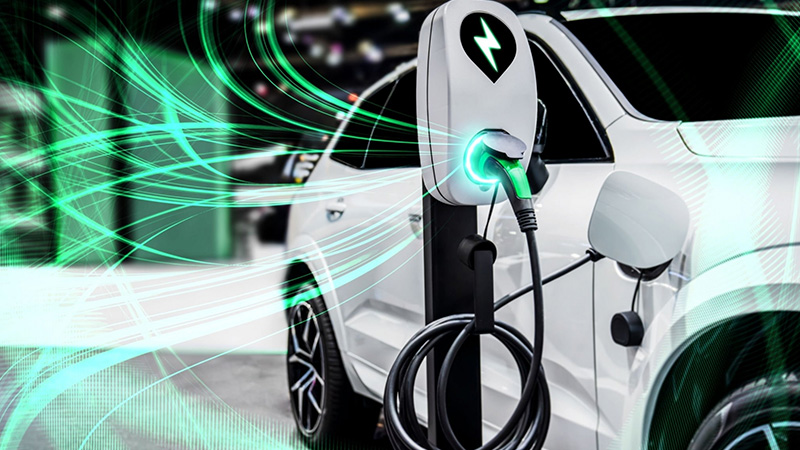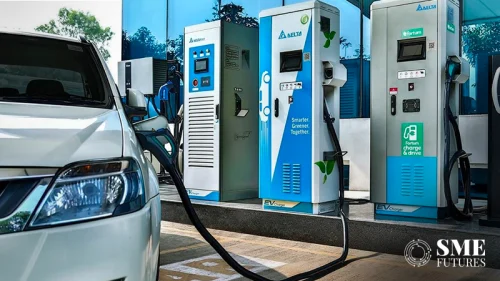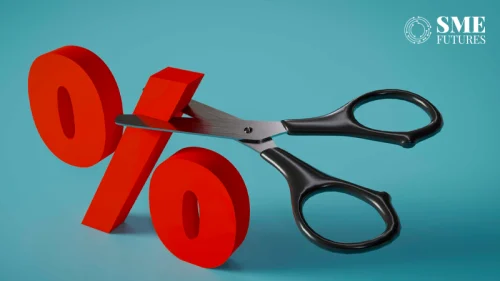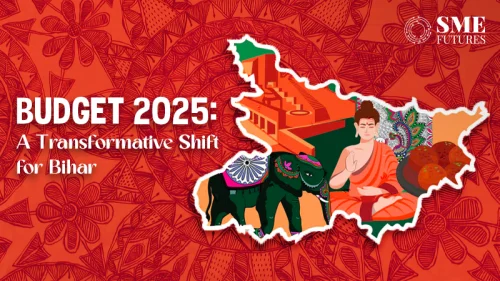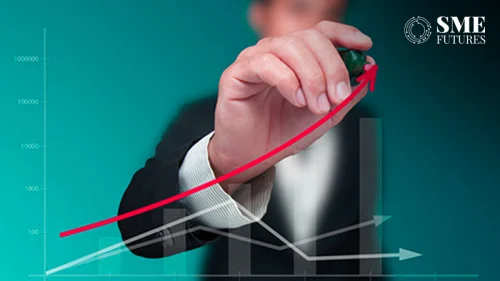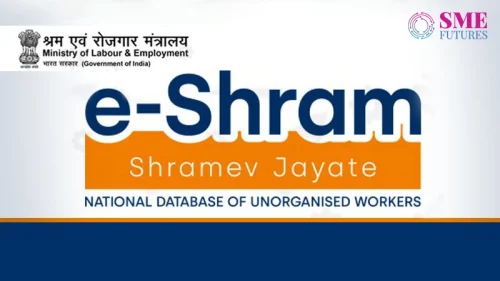India’s EV industry is growing rapidly. According to reports, India’s EV market is expected to reach 17 million units by 2030, with 80 per cent of new vehicle sales being electric by 2040.
Prime Minister Modi stated in an exclusive interview with Moneycontrol, a media platform, that the government is working on incentives for the electric vehicle industry. According to him, the sector has responded with increased innovation, and the public has responded with greater openness to trying the alternative. The announcement comes as the government apparently works on a new EV policy.
In the ever-evolving landscape of electric vehicles (EVs), the year 2023 marks a significant milestone: World EV Day. This global event celebrates the electrifying revolution that is reshaping our means of transportation. It’s a day when industry stakeholders, visionaries, and innovators come together to reflect on the progress made and the road ahead. Industry stakeholders share their insights on World EV day 2023, highlighting the pivotal role played by startups and how industry is growing.
A greener tomorrow, driven by innovation
Atul Gupta, Co-founder & Director of e-Sprinto, shares his insights on World EV Day 2020, highlighting the pivotal role played by startups in propelling the greener tomorrow we all aspire to. Gupta underscores the vital contribution of young startups in the electric two-wheeler sector.
“With innovation as their compass and determination as their fuel, these startups are rewriting the rules of transportation. They’re introducing sleek, efficient, and eco-conscious EVs that challenge the status quo, proving that sustainability can coexist with style and performance. These startups are not just driving change; they’re igniting a spark of enthusiasm among the younger generation,” he said.
The role of MSMEs in EV industry growth
EV industry growth isn’t solely the domain of startups. Dr. Prabhjot Kaur, Co-founder of Esmito, sheds light on the collaborative nature of the auto industry. From nuts to engines, expertise exists for every part of a vehicle. While EVs are simpler in engineering and involve fewer parts, the industry flourishes when Micro, Small, and Medium Enterprises (MSMEs) collaborate.
In India, where establishing a business can be challenging for small players, MSMEs play a crucial role, she said.
They are at the forefront of innovation, driving technological and business advancements in Low Emission Vehicles (LEV), Medium Emission Vehicles (MEV), and High Emission Vehicles (HEV) segments. The Total Cost of Ownership (TCO) advantages of EVs compared to their ICE counterparts are proven. However, each segment has different refueling needs, and this is where MSMEs can shine.
“MSME with new mindset and their urge to act fast can brings in their innovative techno-commercial models for aiding the faster adoption of EVs. On the other hand, charging including fast-charging options are the real attractions for MEV and HEV segment where there are various MSME and big players coming in the forefront. There is an exciting era ahead of varieties of EVs to be seen on the roads, from cycles to drones. I believe that Innovations mindset of MSME is the key to a successful growth and contribution in the segment,” she said.
EV Procurement by MSMEs
Vineet Singh, Co-founder of Gauss Moto, delves into the challenges faced by Micro, Small, and Medium Enterprises when procuring EVs.
According to him, high upfront costs, limited financing options, and a lack of awareness about EV benefits pose obstacles. However, innovative business models such as leasing, financing, fleet aggregation, and public-private partnerships, pay-per-use, and government subsidies are helping address these issues, he points out.
Singh emphasises the importance of developing charging infrastructure and providing education and support for local manufacturing to boost MSME EV adoption. Tailored financing options from government and financial institutions can further facilitate this transition.
“The effectiveness of B2B and B2C marketing depends on the EV segment. Luxury EVs benefit from B2C strategies, premium EVs can leverage both, mass-market EVs are suited for B2C, electric two-wheelers are ideal for B2C, and commercial EVs thrive with B2B tactics. Marketing approaches include social media, influencer partnerships, events, targeted ads, and trade shows,”
“B2B models for e-cars in India face challenges like limited demand, high costs, and charging infrastructure. Opportunities include government incentives, cost savings, brand reputation, access to new markets, employee benefits, reduced dependence on fossil fuels, data analytics, and a competitive edge. In the electrification of buses in the private sector, the B2B model reduces upfront costs, offers flexibility, provides maintenance services, grants access to the latest technology, ensures predictable operating costs, and supports scalability. It helps comply with zero emission zones, differentiates brands, ensures regulatory compliance, and offers carbon offset opportunities.”
Role of semiconductors in EV transformation
Hitesh Garg, Vice President and India Country Manager of NXP Semiconductors, emphasises the pivotal role of semiconductors in India’s EV landscape. India’s ambition to replace a significant portion of vehicles with EVs by 2030 requires advanced technology. Semiconductors serve as the nerve center, enabling efficient power management, precise control, accurate sensing, and intelligent communication within these state-of-the-art vehicles.
“Although India has made substantial progress in EV adoption, there’s still much ground to cover, and the semiconductor industry can play a pivotal role. In the electrified future, semiconductors will remain the linchpin, accelerating the transformation of our mobility landscape, making electric vehicles smarter, safer, and more sustainable than ever.” he said.
Circular economy for EV batteries
Utkarsh Singh, Co-Founder and CEO, BatX Energies emphasises on the need of circular economy in the EV battery segment. “We at BatX Energies is committed to advancing sustainable transportation by maximizing the potential of electric vehicles (EVs) and promoting the responsible recycling of EV batteries,”
BatX Energies has integrated some of key initiatives.
• Battery reprocessing: Recycling EV batteries is essential to reducing the environmental impact of battery production and disposal. “We prioritise battery recycling to recover valuable materials, such as lithium, cobalt, and nickel, and reduce the need for environmentally harmful mining and work toward the concept of truly circular economy,” he pointed.
• Circular economy: Materials are reused, refurbished, and recycled to minimise waste and resource depletion. “We are working to promote a circular economy within the automotive industry,”
• Second life for batteries: EV batteries can be used for other purposes after their primary use in automobiles. “We are investing in research and development to explore alternative applications for these batteries, such as stationary energy storage. This will help to maximise the value of the batteries and minimise waste,” he said.
• Battery health management: “We are committed to developing battery health management systems that optimise battery performance and ensure longevity. This aligns with our core values of sustainability and responsible resource management,”
A bright electric future
As we celebrate World EV Day 2023, we are reminded that the future of transportation is electric. The quotes from industry leaders and visionaries underscore the importance of innovation, collaboration, and smart technology in accelerating the adoption of electric vehicles. With the combined efforts of startups, MSMEs, and industry giants, we can look forward to a greener, more sustainable future on the roads.

